Quantinuum, a US- and UK-based company, unveiled Helios, its third-generation quantum computer, which includes expanded computing power and error correction capability. The device, located at Quantinuum's facility in Colorado, comprises a myriad of components, including mirrors, lasers, and optical fiber. Its core is a thumbnail-size chip containing the barium ions that serve as the qubits, which perform the actual computing.
According to Jennifer Strabley, vice president at Quantinuum, Helios is an important proof point in the company's road map about how well it can scale to larger physical systems. "Helios is an important step forward in our journey to harness the power of quantum computing," Strabley said. "We believe that our ion-based approach could be easier to scale up than quantum computers that use superconducting circuits as qubits, such as those developed by Google and IBM."
Quantinuum's Helios computes with 98 barium ions at a time, a significant increase from its predecessor, H2, which used 56 ytterbium ions. The expanded computing power and error correction capability of Helios make it a more robust and reliable quantum computer. However, like all existing quantum computers, Helios is not powerful enough to execute the industry's dream money-making algorithms, such as those that would be useful for materials discovery or financial modeling.
Quantinuum formed in 2021 from the merger of Honeywell Quantum Solutions and Cambridge Quantum. Honeywell remains Quantinuum's majority owner. The company's focus on ion-based quantum computing is a departure from the more common superconducting circuit approach used by many other companies in the field. According to Strabley, this approach could be easier to scale up, making it a more viable option for large-scale quantum computing applications.
While Helios is a significant step forward for Quantinuum, it is still a relatively small device compared to other quantum computers in development. However, the company's progress is an important milestone in the development of quantum computing technology. As the field continues to evolve, it will be interesting to see how Quantinuum's ion-based approach compares to other approaches in terms of scalability and performance.
Quantinuum plans to continue developing its quantum computing technology, with a focus on scaling up its devices to larger sizes. The company's next steps will be closely watched by industry observers, who are eager to see how its ion-based approach will compare to other approaches in the field.
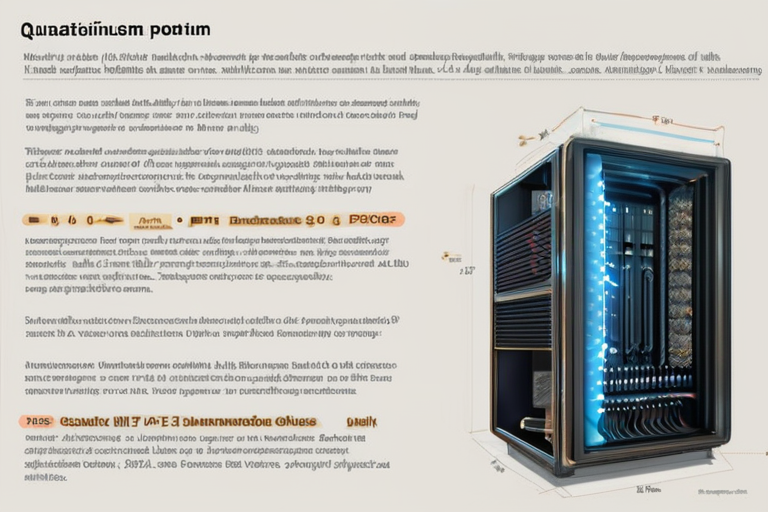


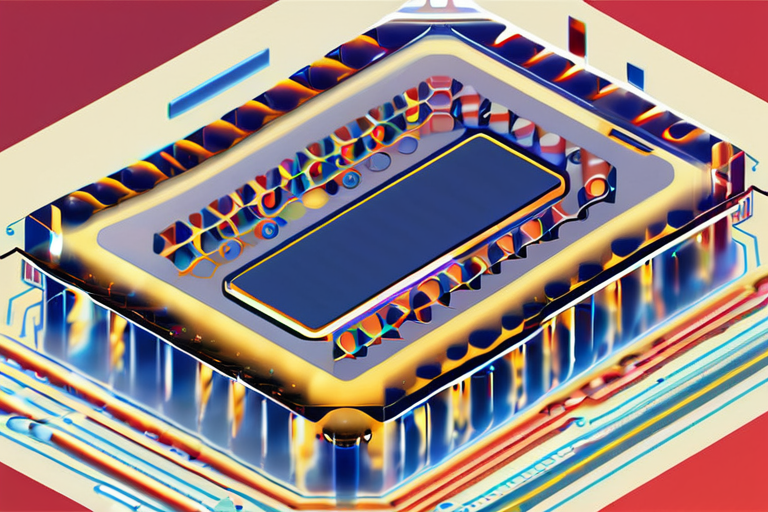

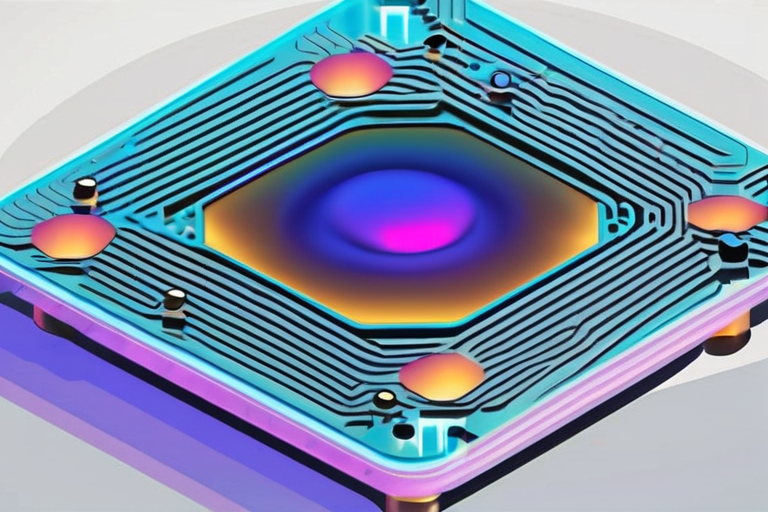
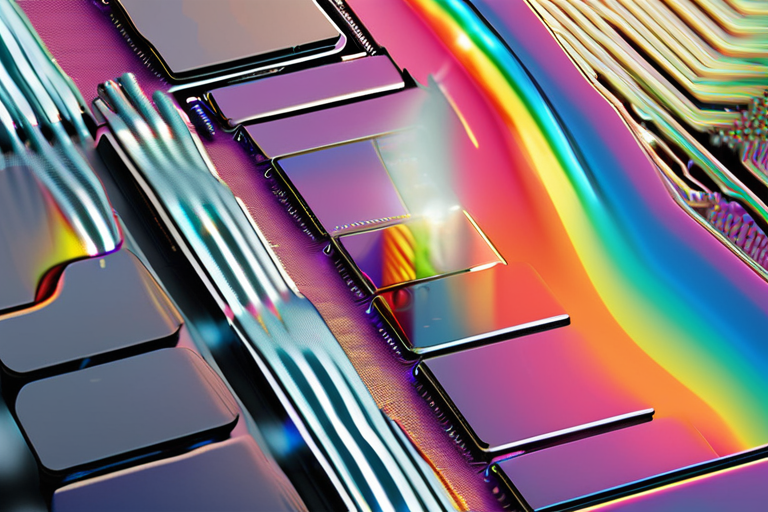





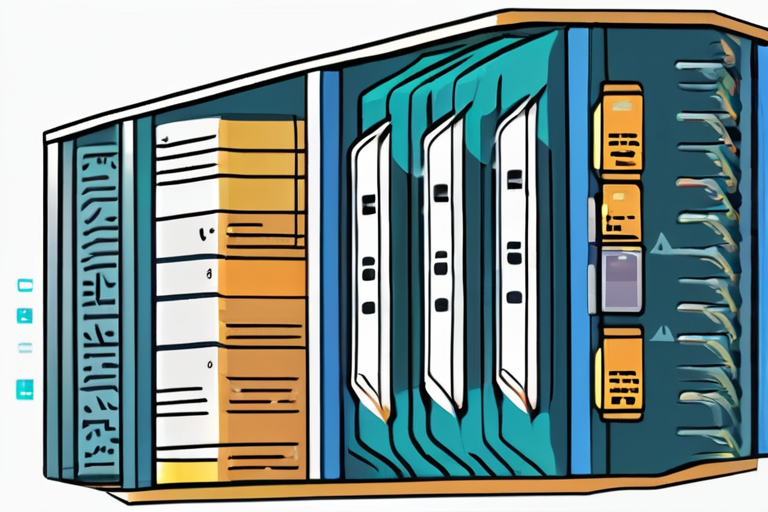

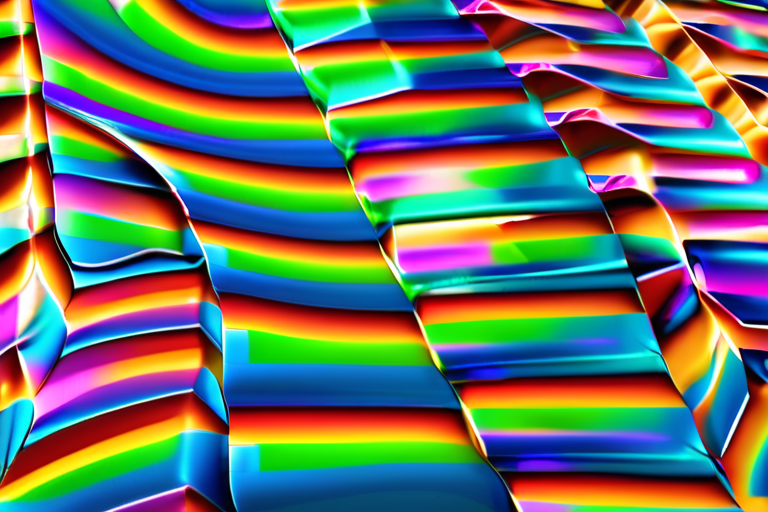
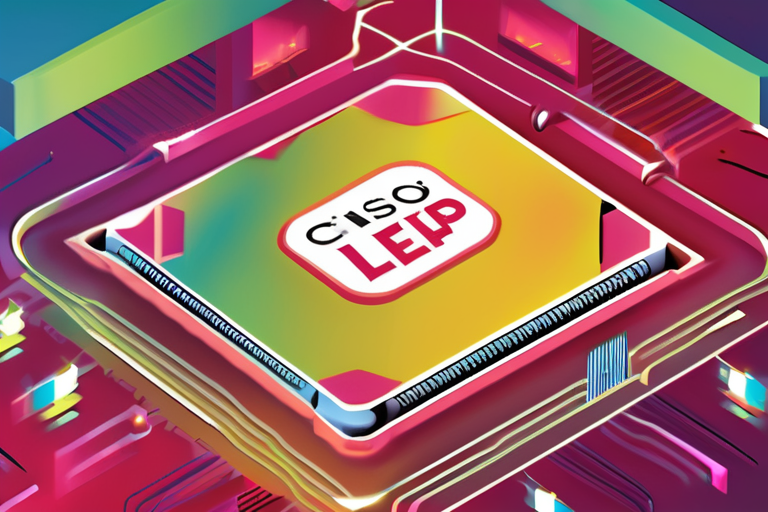



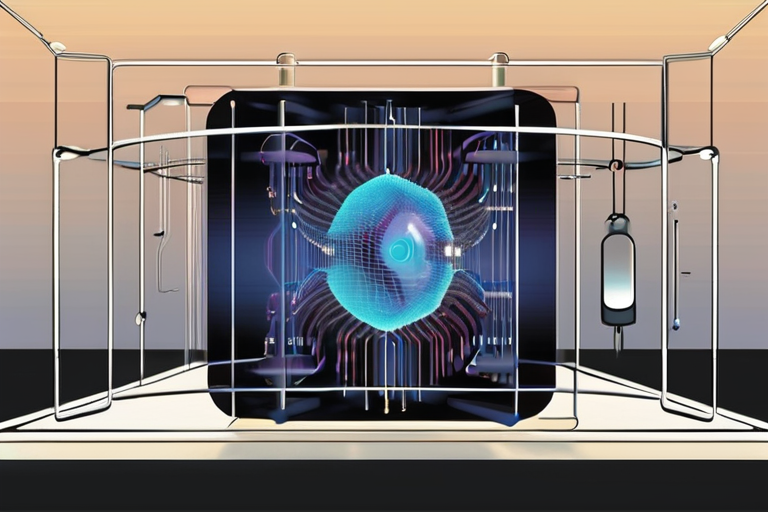

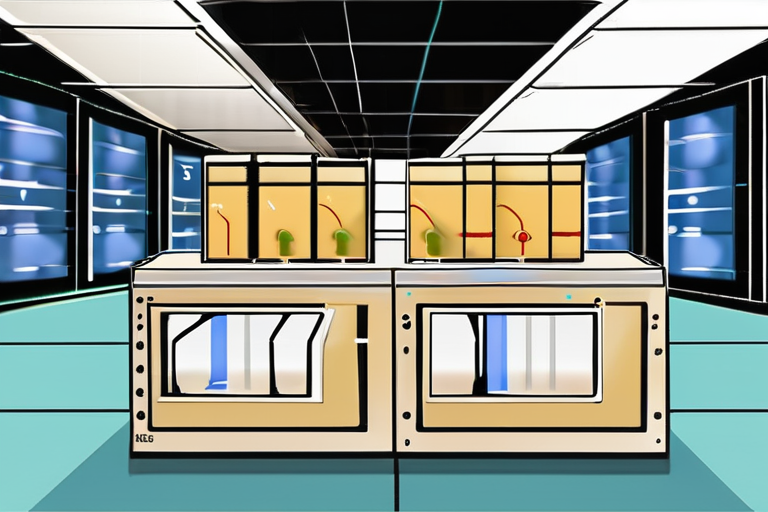





Share & Engage Share
Share this article